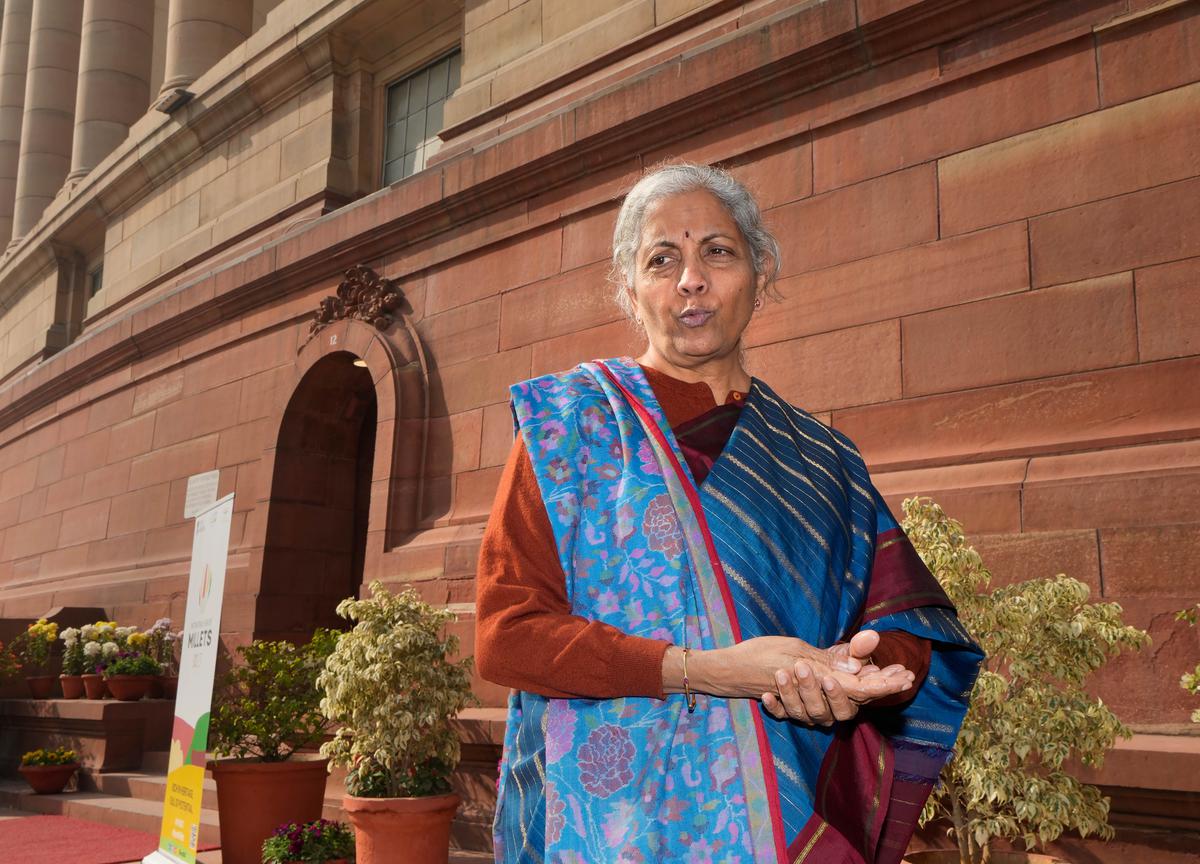Global slowdown not mirrored in India, says Finance Ministry

A strong performance in service exports is anticipated to reduce the negative effects of India’s growing current account deficit.
The third quarter of 2022–2023 saw India’s economic momentum continue to grow well, and there is a reason for cautious optimism because India’s performance on various high-frequency indicators has not been negatively impacted by the slowdown in global economic activity, the Finance Ministry stated on December 23, 2022.
“Private consumption rose to 58.4% of GDP, the highest level among all second quarter over the past 11 years, helped by pent-up demand.” The investment rate increased to 34.6% of GDP, the highest of any second quarter since 2012–13, suggesting the start of an investment cycle, the ministry stated in its monthly economic assessment for November.
According to the ministry, the fact that wholesale and retail inflation rates fell in November to 5.88% and 5.85%, respectively, and that households’ inflation expectations have moderated as a result of the survey conducted by the central bank bodes well for rising consumption in both rural and urban areas in the coming months.
A strong performance in service exports for the remainder of the year and inward remittances, which are anticipated to reach $100 billion this fiscal year according to the World Bank, are projected to mitigate the negative effects of India’s expanding current account deficit, the ministry said.
According to the report, “stable foreign direct investment (FDI) flows, resurgent foreign portfolio investment flows, and foreign exchange reserves that offer an import cover of nine months cushion the external front.” The ministry noted that vigilance is a crucial component in maintaining India’s external resilience and that the general economic situation “as we approach 2023” will be further complicated by changes in the world economy.
India is not the only nation that cannot afford to rest on its laurels. The economy of India as well as investor interest will be supported by a continued dedication to macroeconomic stability. Currently, it is high. “It should be cultivated,” it said in its conclusion.






